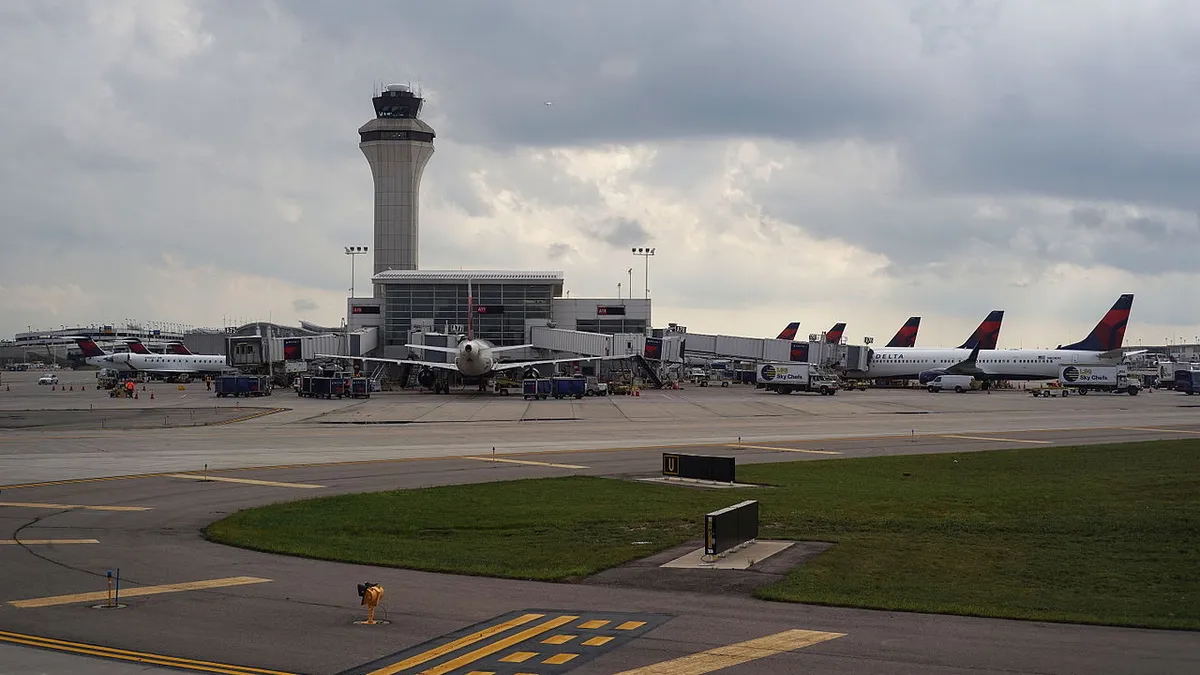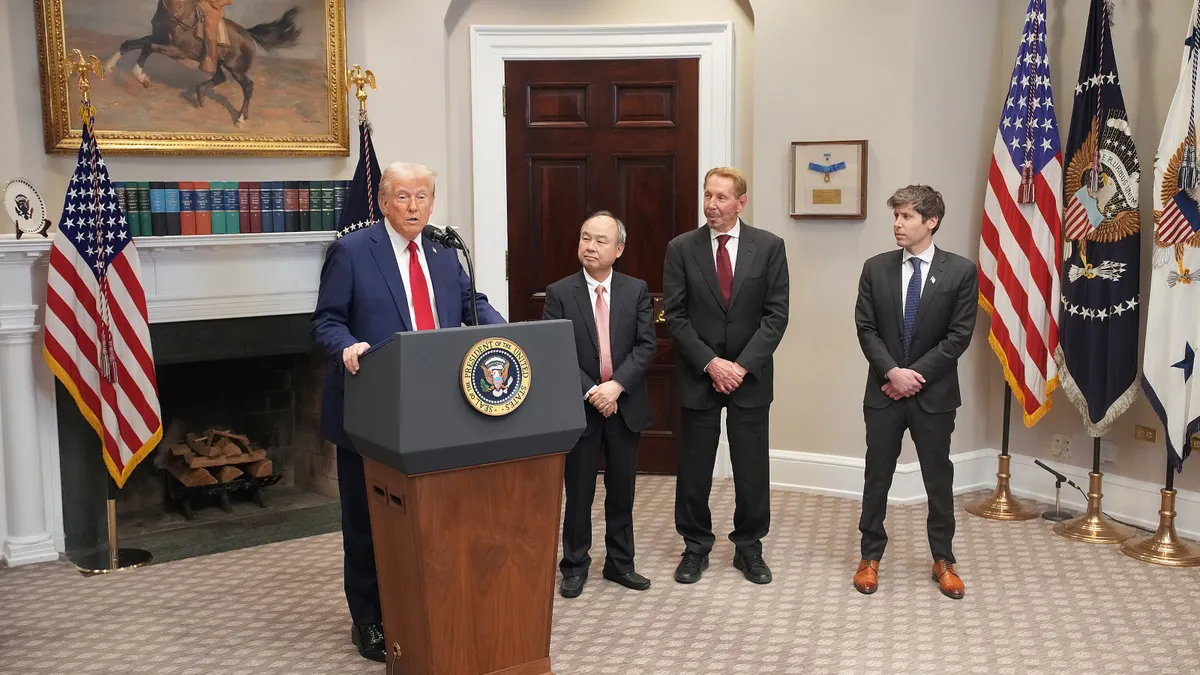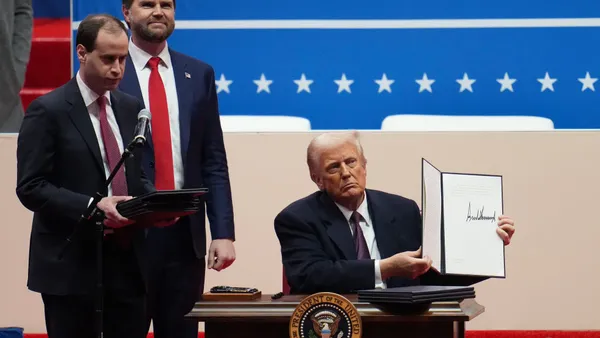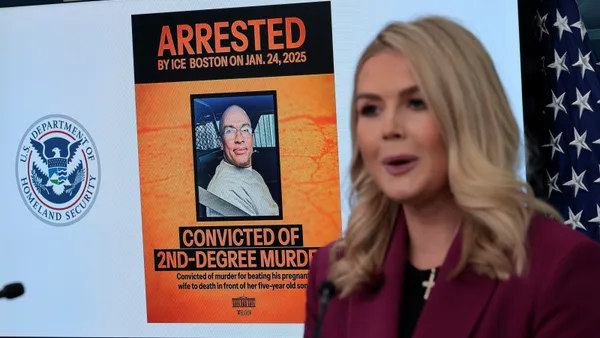Dive Brief:
- The U.S. Attorney for the Eastern District of Michigan has charged a Detroit area contractor with one count of felony fraud for overbilling the Wayne County Airport Authority (WCAA) by $1.5 million, according to the U.S. District Court for the Eastern District of Michigan documents.
- Prosecutors allege that Gary Tenaglia, as the owner of Envision Engineering & Maintenance, had a three-year contract with the WCAA to provide maintenance at a Detroit Metropolitan Airport parking garage for duties that included snow and ice removal. A 2014 WCAA audit revealed that the company submitted an invoice for the application of a deicing agent it never used on the job.
- The alleged fraud took place between 2012 and 2014, according to the court filing, and prosecutors claim that at least two other individuals helped Tenaglia carry out the scheme. If Tenaglia is convicted, he will have to forfeit assets acquired with the $1.5 million or hand over other property of equal value.
Dive Insight:
Typically, construction contractors and other vendors that want to do work for government entities like the WCAA have to fill out paperwork outlining their experience in the area for which they're offering services. Usually included in those forms are questions pertaining to owners and other company executives' business history – e.g., whether they've ever defaulted on government work or been involved in judgments or lawsuits.
The federal government came under fire in 2016 because of the kind of information it wanted contractors to provide before being permitted to enter into federal contracts worth $500,000 or more. While unions and trade organizations were in favor of the Fair Pay and Safe Workplaces Act, also known by critics as the "blacklisting rule," construction industry groups called it a violation of First Amendment rights because it required companies to disclose their Department of Labor compliance histories, including previous Occupational Safety and Health Administration citations, even if they had been resolved.
Critics of the rule also said it was a costly one, making it more difficult for smaller contractors to stay competitive. All of the criticism reached Washington, D.C., and, following House and Senate votes, President Donald Trump signed off on a repeal of the regulation in March 2017.












